George Washington, Our Nation’s First President
The federal Constitution, the new law of the land, took effect on March 4, 1789, and had several notable differences with the Articles of Confederation. One of the most significant changes was the creation of a strong executive or President. However, the powerful executive reminded skeptics of the authority held by King George, and they worried the United States could eventually drift towards despotism. Virtually everyone knew that the only man strong enough to lead the nation and conscientious enough to be entrusted with so much power was George Washington.
In accordance with the Constitution, state electors voted for the President on February 4, 1789, and Washington won the majority of every state’s electoral votes, making his election unanimous. Despite the fact Washington was enjoying his retirement at Mount Vernon and had already given so many years to his country, he felt duty-bound to accept the position when it was offered to him, and it would prove to be a blessing for the United States.
It is important to remember there was no precedent to follow and no predecessor for President Washington to lean on. He had to create and learn the job as he went along. He was always conscious that what he did would impact how future Presidents would govern. Washington wrote to James Madison, “As the first of everything in our situation will serve to establish precedent, it is devoutly wished on my part that these precedents be fixed on true principles.”
President Washington was sworn into office at Federal Hall in New York City on April 30, 1789. From his vantage point, the United States had two areas on which he needed to focus his administration’s agenda. First, he wanted to improve our nation’s economy so that people could enjoy a better way of life. Secondly, he felt it was critical to avoid getting involved in any costly conflicts, especially those involving European nations.
President Washington was opposed to political parties as he considered them divisive. He viewed the President as the leader of all Americans, not just those that supported his agenda. Importantly, he was open to differing points of view and encouraged healthy, respectful debate by his advisors and always sought their opinions on important matters.
Although it was not specifically authorized in the Constitution, he quickly assembled a group of advisors, which Madison dubbed “the President’s cabinet.” It was a formidable team and included Secretary of Treasury Alexander Hamilton, Secretary of State Thomas Jefferson, Secretary of War Henry Knox, and Attorney General Edmund Randolph.
John Trumbull. "Alexander Hamilton." National Portrait Gallery.
To get the national economy going, Hamilton reasoned that we needed to create a financial system that would establish the credit worthiness of the nation and expand the taxation ability of the federal government. Accomplishing these two objectives would allow the federal government to pay for major infrastructure improvements and fund an army to protect the nation.
To accomplish these goals, Hamilton proposed that the federal government assume, or take over, debt incurred by the states during the American Revolution. He proposed to finance this “debt assumption” by issuing federal bonds.
In exchange, the states would agree to give more control over taxation and overall fiscal policy to the federal government. This plan would help the states by relieving them of their debt burden and, in return, the federal government would be better able to stabilize the finances of the young nation.
Hamilton’s biggest obstacle to overcome was Thomas Jefferson. In 1790, with James Madison’s help, they compromised and agreed to Hamilton’s proposal. In exchange for Jefferson’s approval, Hamilton agreed that the new capital would be moved to the banks of the Potomac (after a ten-year stint in Philadelphia), closer to the southern states and across the river from Jefferson’s home state of Virginia.
Later in 1790, to further stabilize our country’s finances, Hamilton proposed the creation of a national bank called the First Bank of the United States. This legislation created a significant dispute between Jefferson’s Anti-Federalists and Hamilton over the constitutionality of such a bank. Eventually, Hamilton was able to convince the President to support the bill and it was passed by Congress on February 25, 1791.
Beyond the economy, President Washington worked diligently to stay out of European squabbles, especially the seemingly endless fighting between England and France. The President knew we had neither the military might nor the financial resources to get deeply involved, and it was critical that our new nation buy time to become more stable.
Given that these two nations were our two primary customers for our vast array of raw materials and the main suppliers of our finished goods, and both were demanding we take a side, this was no easy task. It did not help that American leaders were split between those who supported revolutionary France and those who preferred stronger ties to England. Finally, in 1793, with national emotions at a fever pitch, Washington was forced to formally take a stand on this matter.
Next week, we will discuss George Washington’s Neutrality Proclamation. Until then, may your motto be “Ducit Amor Patriae,” love of country leads me.

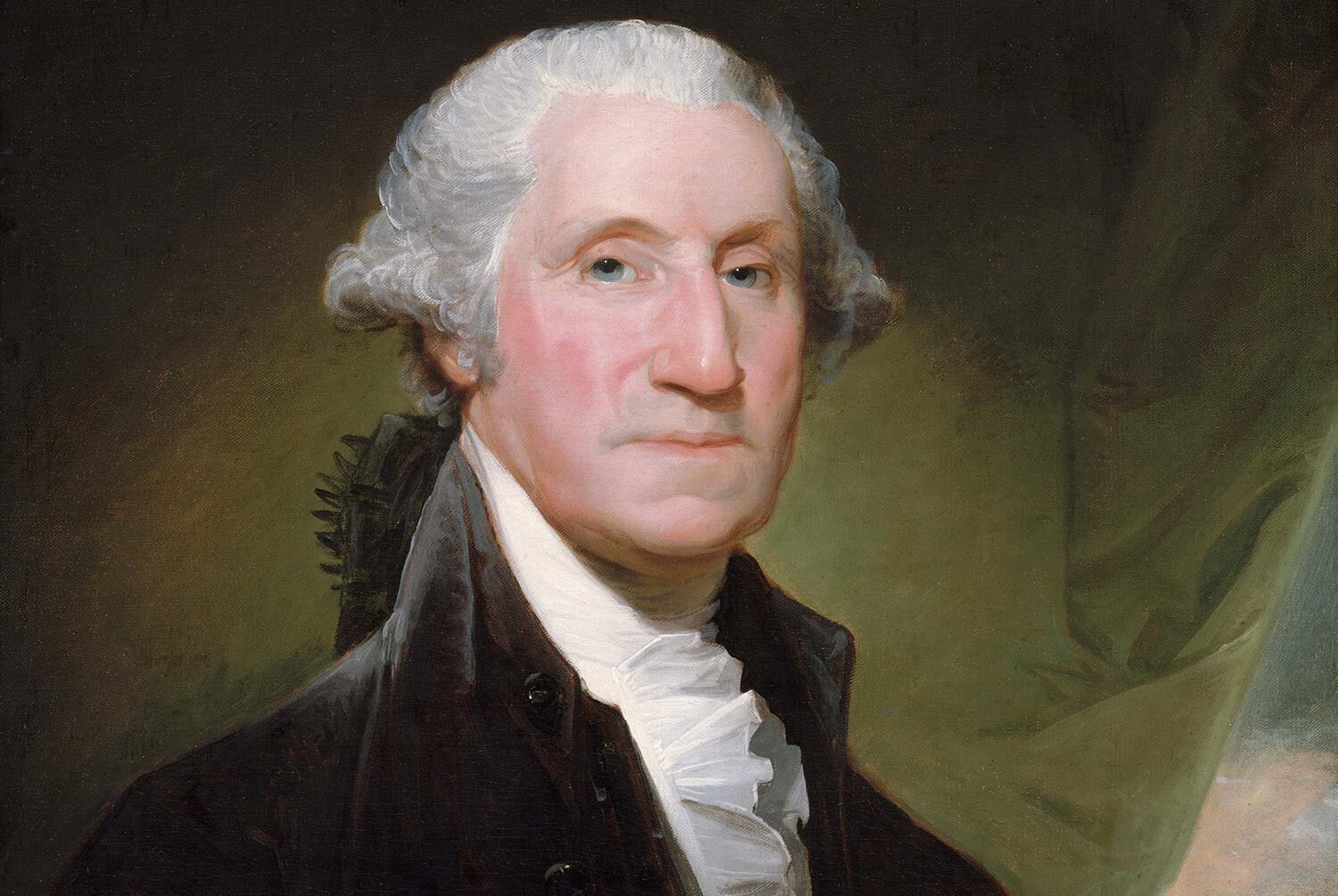

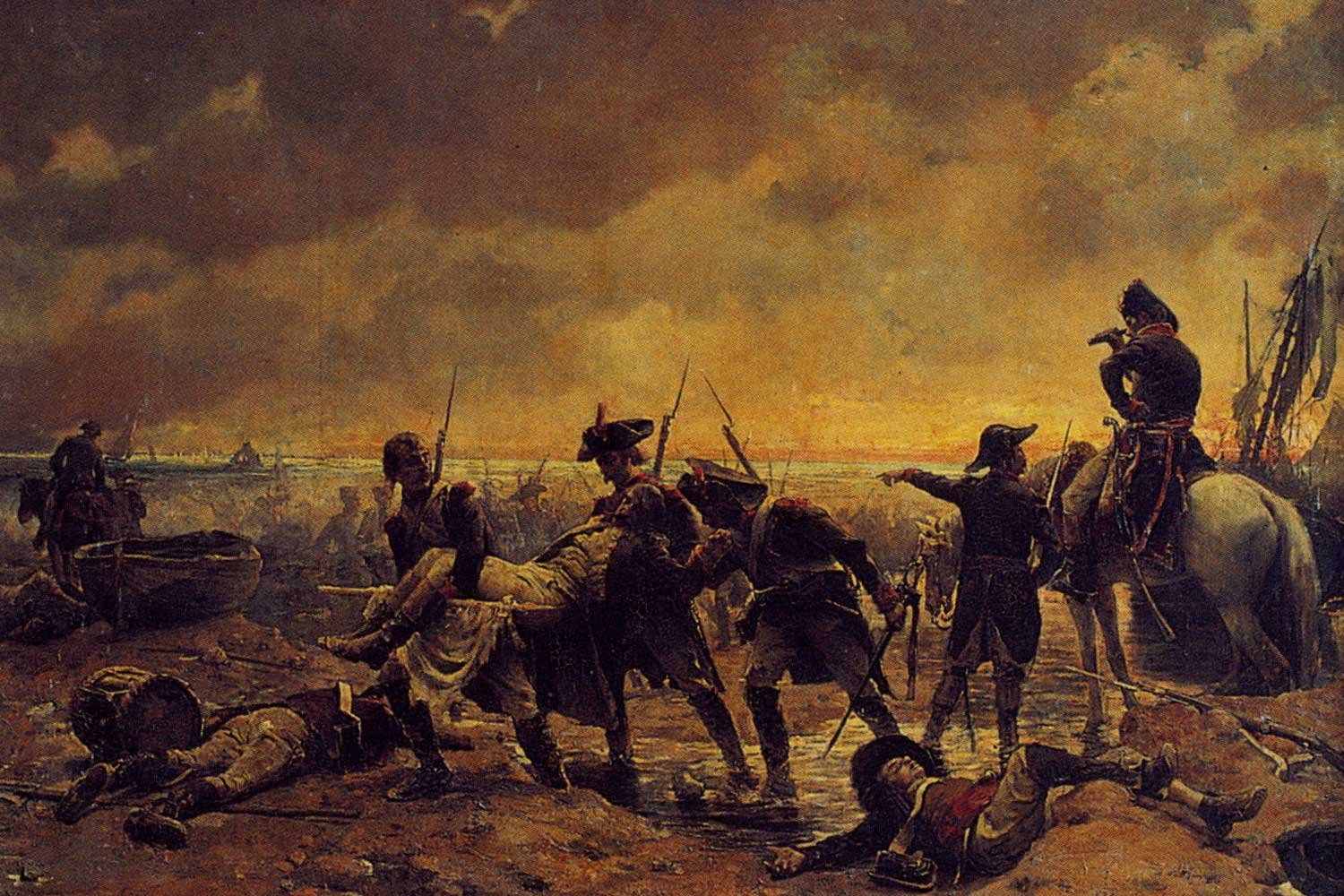
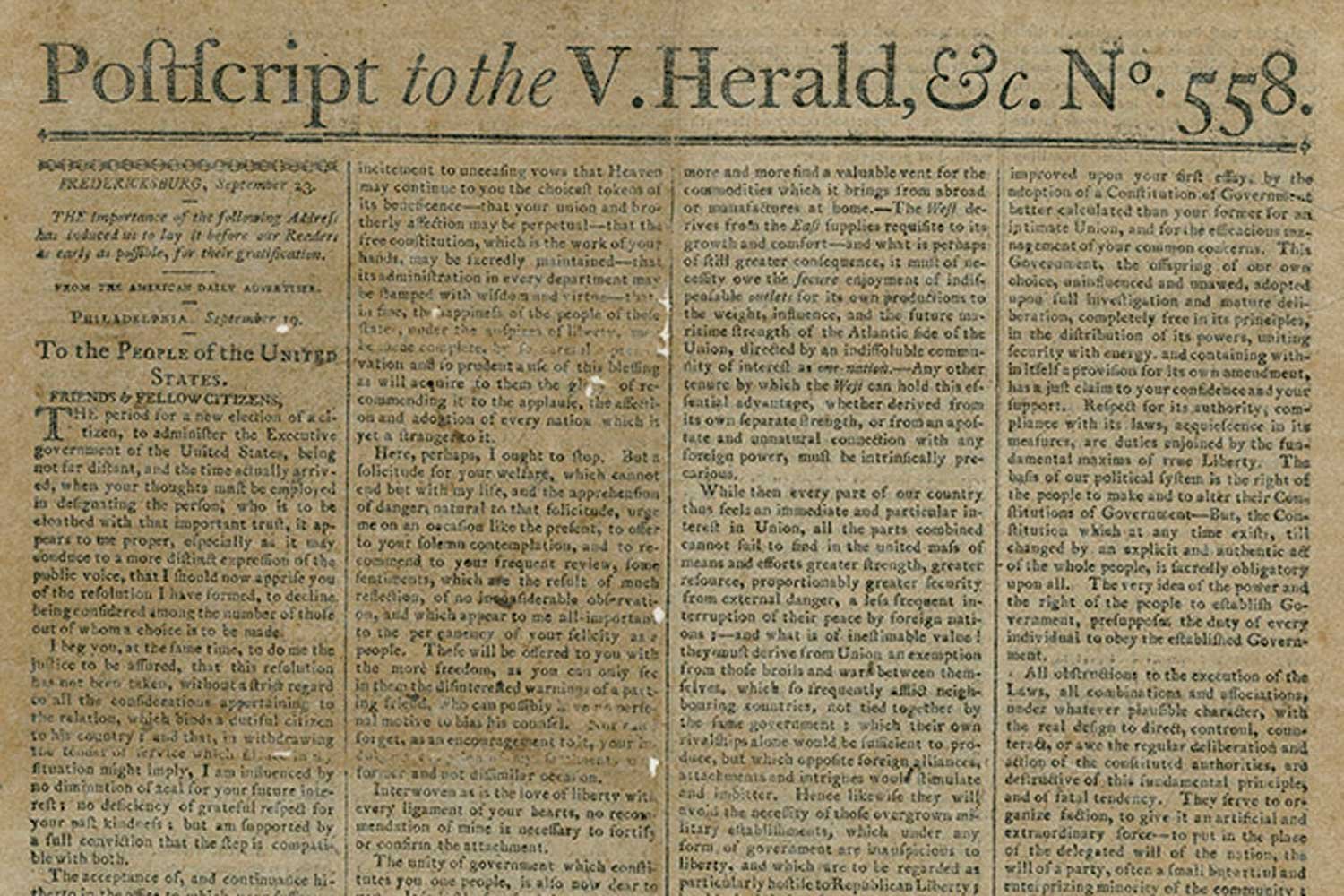
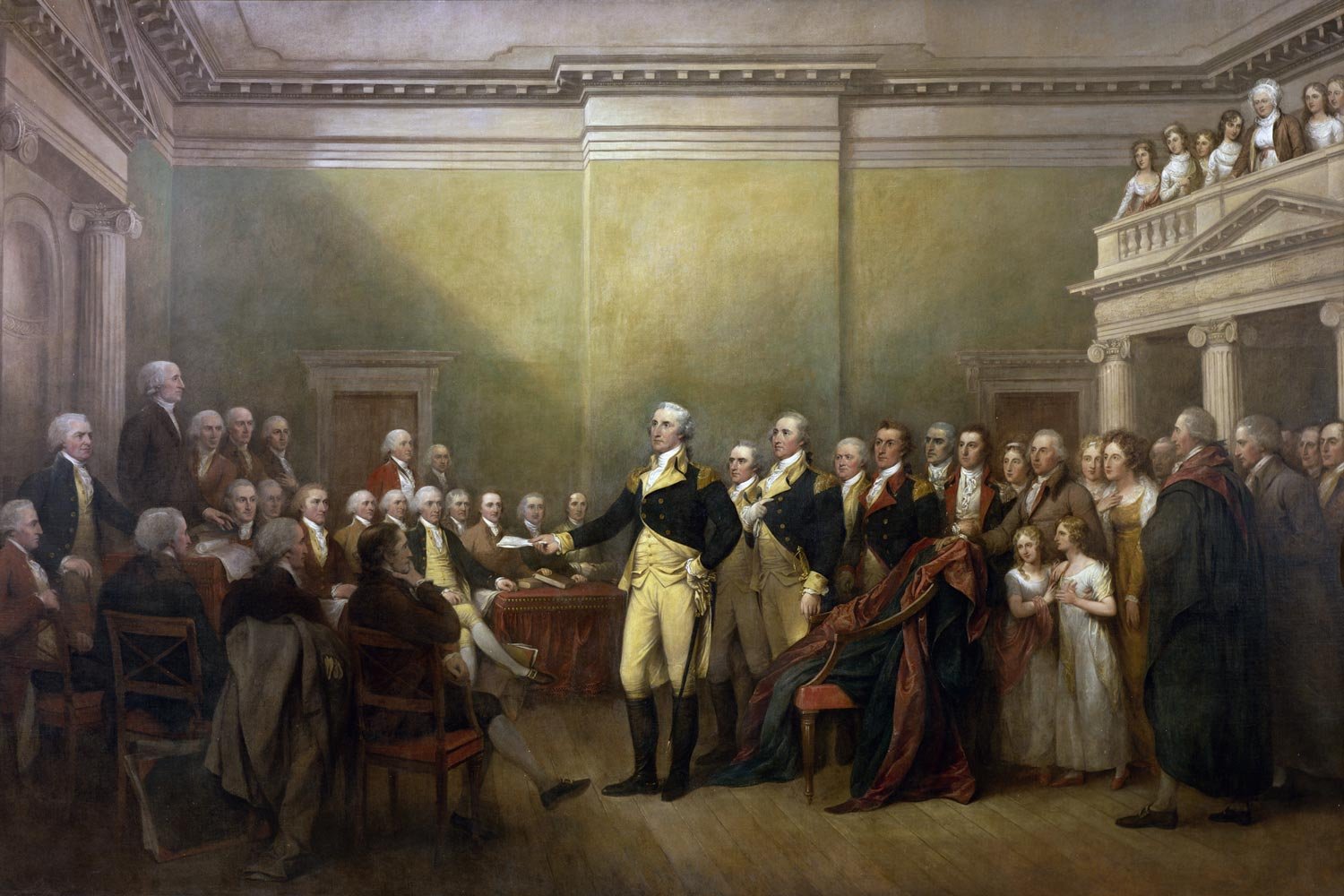
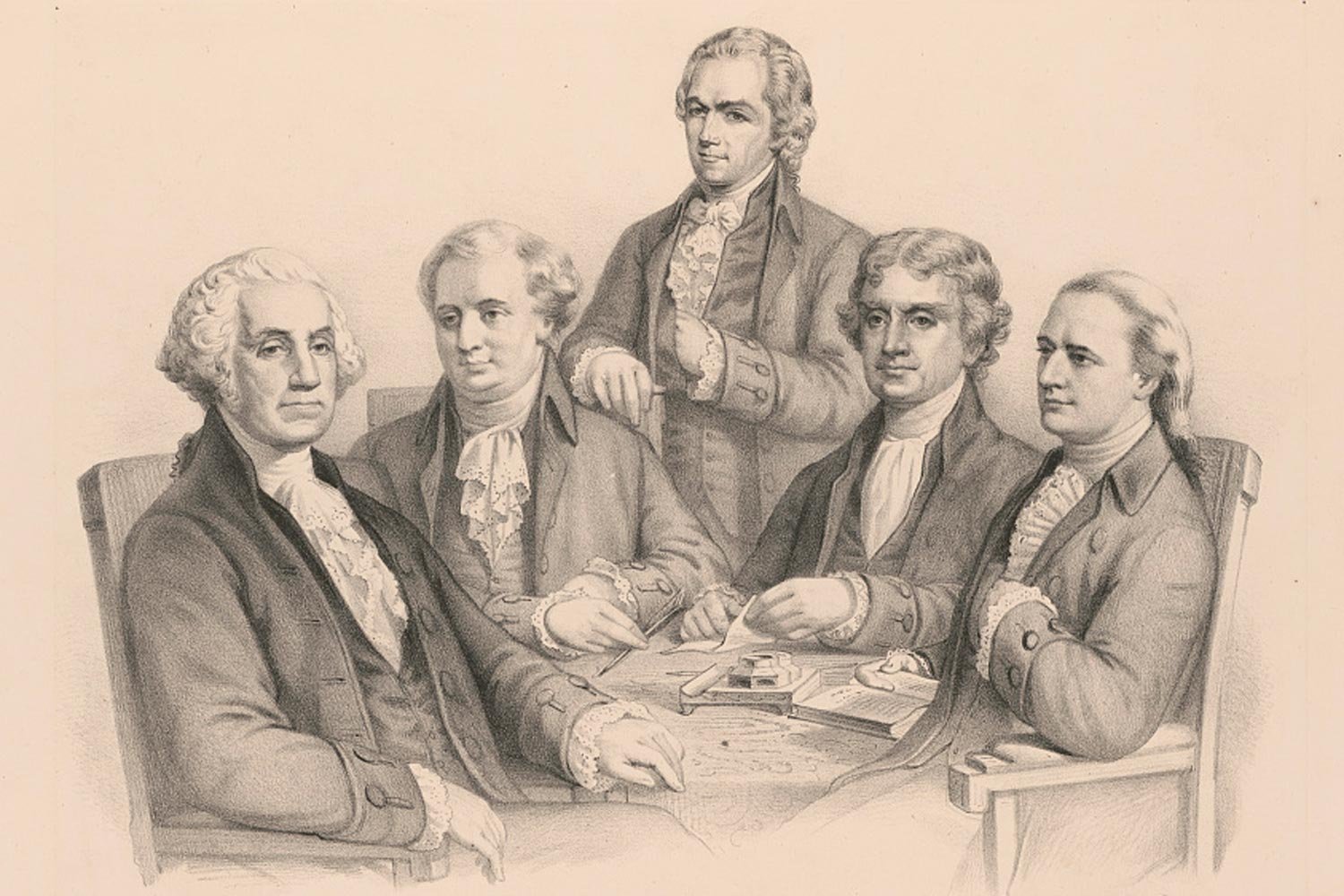
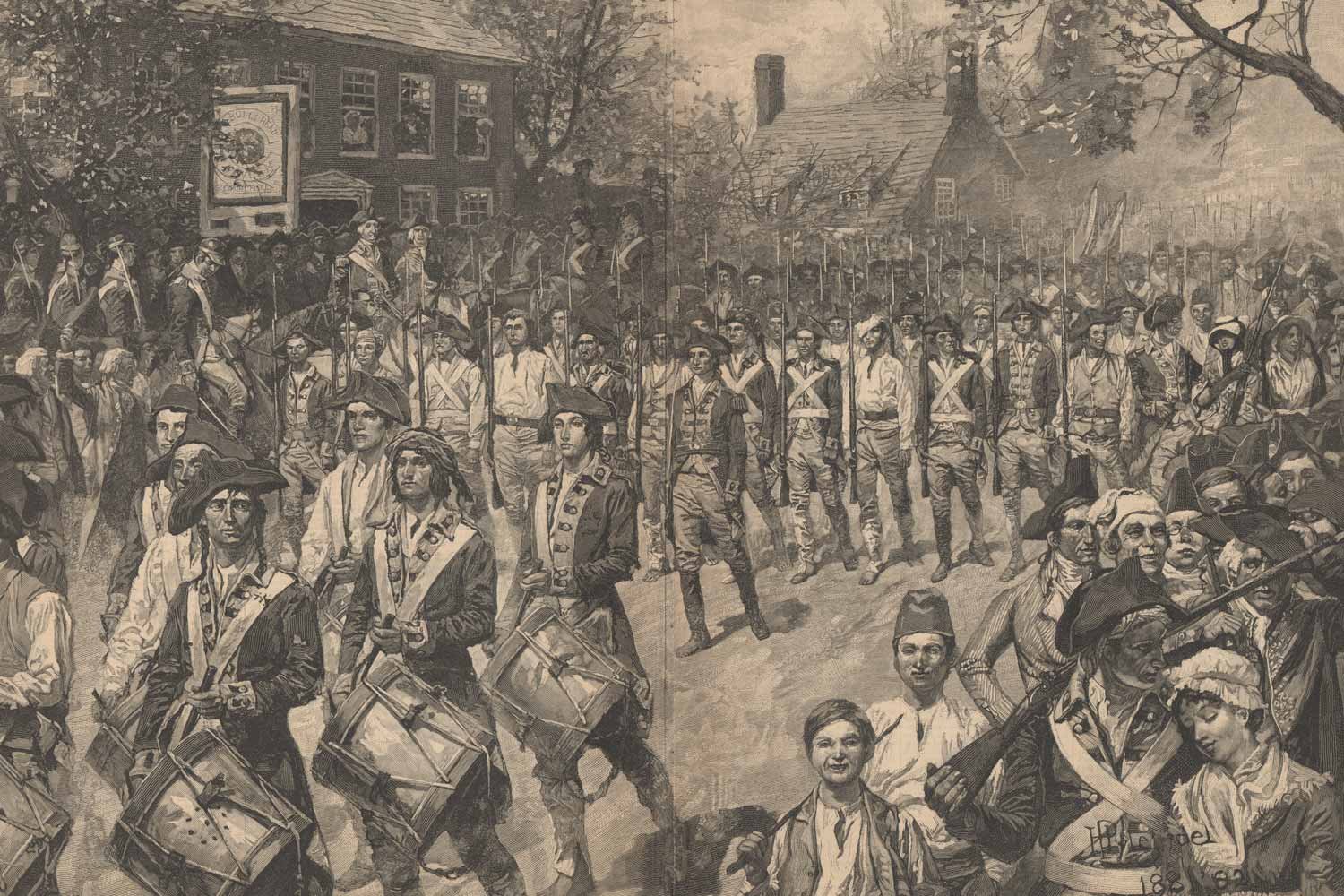
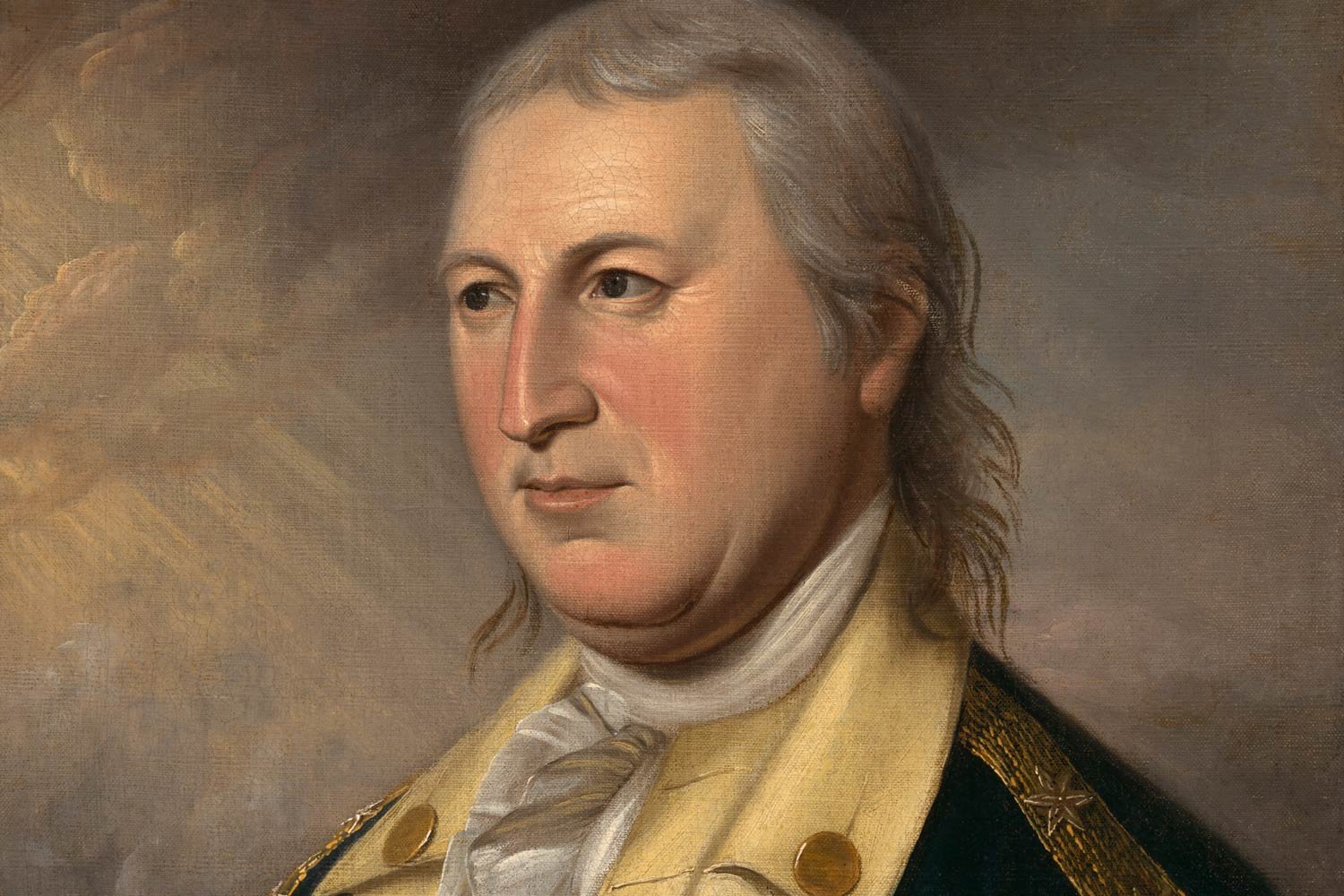
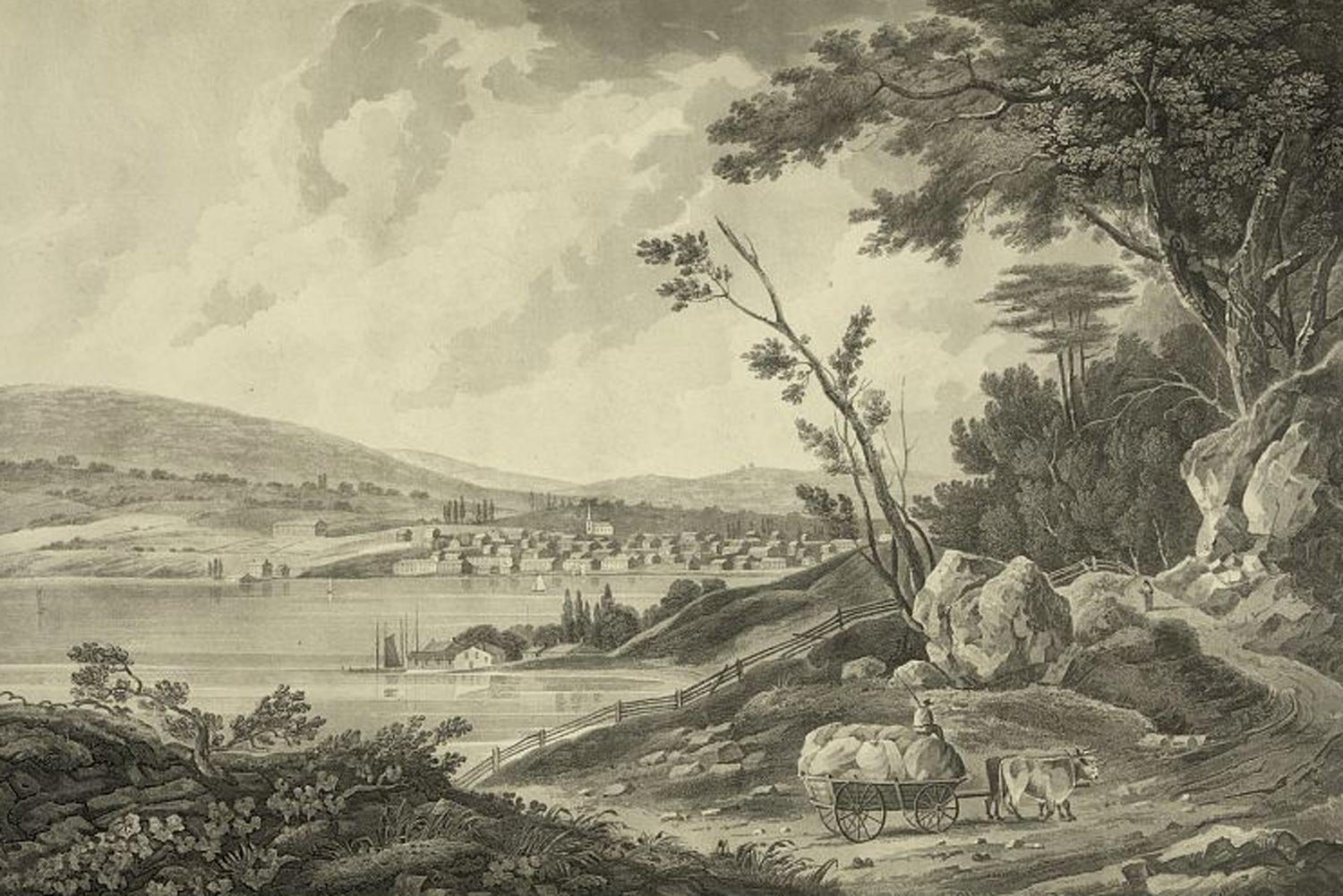
No man has had a greater impact on the United States than George Washington. This quintessential American carried the country through eight long years of its Revolution and devoted another eight years getting the new Constitutional government established as its first President. Washington was one of those rare individuals who seemed destined, almost from birth, for greatness, as if the hand of Divine Providence was watching over and protecting him, saving him for greater things.